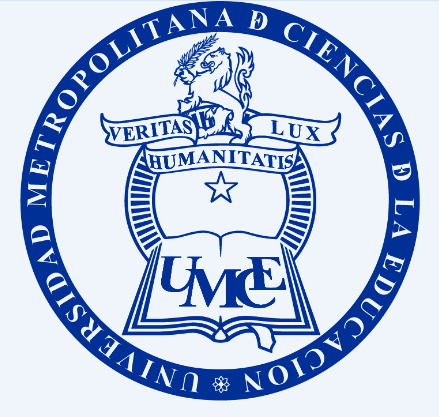Main Article Content
Jun 16, 2023
Abstract
Teachers elabórate and systematize knowledge during the mediation processes that they develop. Their mediation starts from their practice reconstructing and re-signifying it becomes a reality as a knowledge generator which has not been sufficiently studied in our educational scenarios. This leads to a theoretical vacuum that has implications in: (a) State educational policies, (b) teacher training programs in universities, and (c) educational teaching and pedagogical practice in educational institutions, to mention the most important ones. The paper is epistemologically sustained in symbolic interactionism and in complex thought and proposes an investigative process from an ethno-methodological point of view to theorize from data and in this way explain the construction of pedagogical knowledge.
References
Córdoba, V., González, M. y Bermúdez, L. (1998). Metodología de la investigación III: métodos cualitativos. Caracas: Universidad Nacional Abierta.
Coulon, A. (1995). Etnometodología y Educación. Barcelona, España: Paidós.
Díaz, V. (2005). Construcción del saber pedagógico. San Cristóbal, Venezuela: Lito-formas.
Real Academia Española (1992). Diccionario de la Lengua Española (21a ed.). Madrid: Espasa. Foucault, M. (1997). La arqueología del saber (18a ed). México: Siglo veintiuno editores.
Martínez, M. (1998). La investigación cualitativa etnográfica en educación. (3a ed.). México: Trillas.
Morin, E. (1990). Introducción al pensamiento complejo. Barcelona: Gedisa.
Ritzer, G. (1995). Teoría sociológica contemporánea. Madrid: McGRAW-HILL.
Rodríguez, G., Gil, J. García, E. (1999) (2a. Ed.) Metodología de la investigación cualitativa. Madrid: Algibe.
Ruiz, L. (1997). Aproximación a la integración superior del saber. En González, S (comp.) Pensamiento complejo, (pp. 77-97). Bogotá: Cooperativa Editorial Magisterio.




